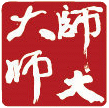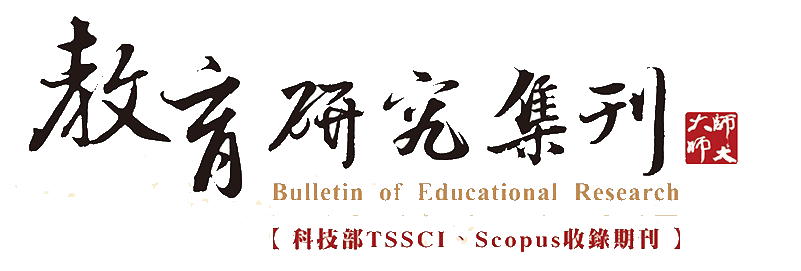| 篇名 | |
|---|---|
| 並列篇名 | Professional Development of Taiwan's Teachers: The Implications of England's Subject Leaders Standards |
| 作者 | 蔡宗河 |
| 中文摘要 | 英國從1988年公布《教育改革法》後,政府對教育的介入越來越直接且深入。1998年「師資培訓局」制定《學科領導人標準》,更希望透過標準化政策來管控學校的課程發展。這種情況對教師專業發展是利或弊,有待進一步釐清。本文旨在探討學科領導人的意涵,及其對我國領域召集人教師專業發展的啟示。文分七段,首先述及本文目的;第二段敘述《學科領導人標準》的內涵;第三段簡述我國領域召集人的相關規定及其所面臨的困境;第四段分析教師專業發展的意義及變革;第五段論述學科領導人國家標準背後的意識型態;第六段歸納此標準對我國中、小學領域召集人教師專業發展的啟示;最後提出結語。 |
| 英文摘要 | The U.K. government has entered into the country’s educational affairs with increasing directness since the “Educational Revolution Law” was announced in 1988. The Teacher Training Agency (TTA) enacted “the Standards for Subject Leaders” in 1998. The Department for Educational Employees (DFEE) standardized policy and controlled the development of secondary school curricula. Here the pros and cons of this governmental approach to reforming education are discussed, specifically with regard to the issue of teachers’ professional development. This paper is divided into seven parts. First, the author will introduce the goals of the paper. An outline of “the Standards for Subject Leaders” will be provided. The author will also profile the contents of the various learning areas at issues. Next, an analysis of the significance of, and trends in, teachers’ professional development will be made. Then will follow an elaboration of the ideology of “the Standards for Subject Leaders.” Finally, the author will discuss the lessons one can learn from England’s “Standards for Subject Leaders” and make a conclusion. |
| 起訖頁 | 101-133 |
| 關鍵詞 | 英國教育、課程領導、學科領導、教師專業發展、England's educational system、Subject coordination、Teachers' professional development |
| 刊名 | 教育研究集刊 |
| 期數 | 200509 (51:3期) |
| 出版單位 | 國立臺灣師範大學教育學系 |
| 該期刊-上一篇 | 本土化vs.荷蘭化--荷蘭時期臺灣教會的語言使用 |








